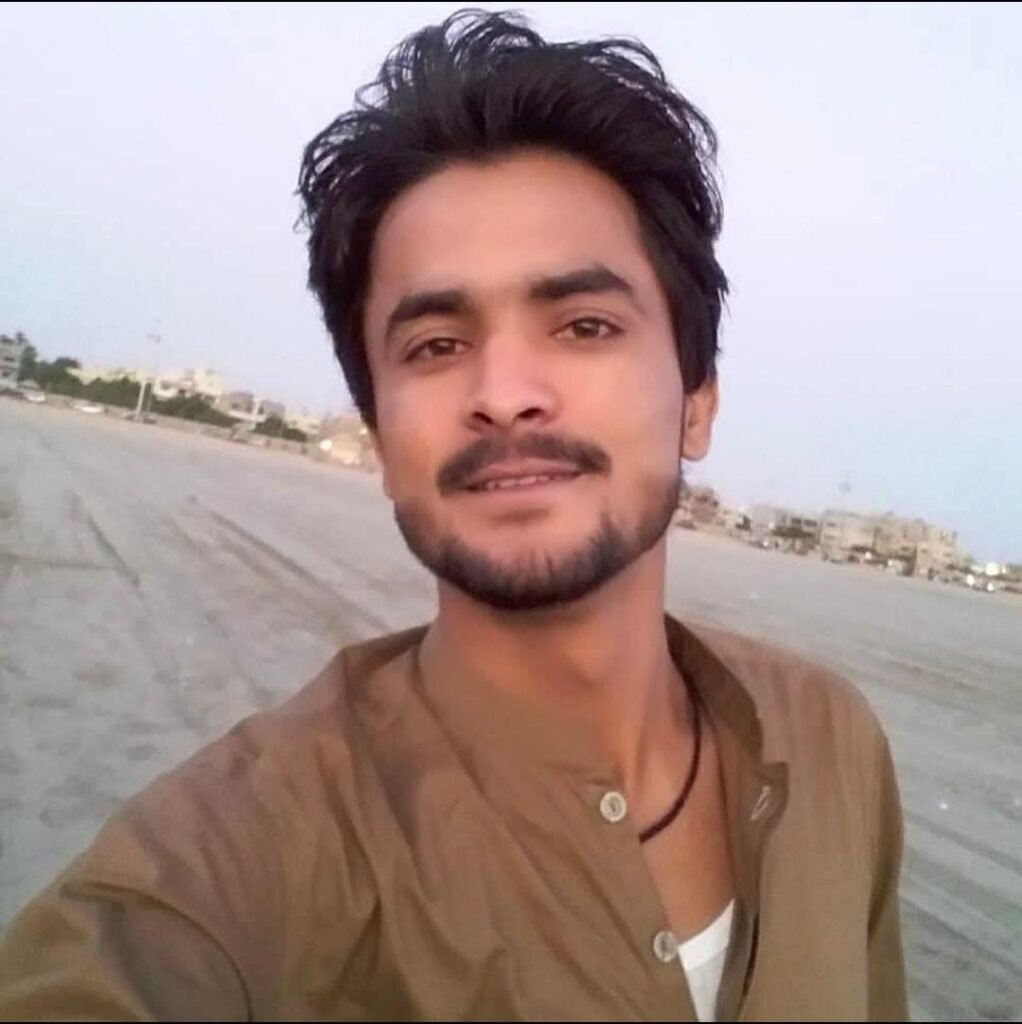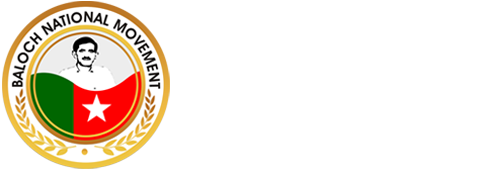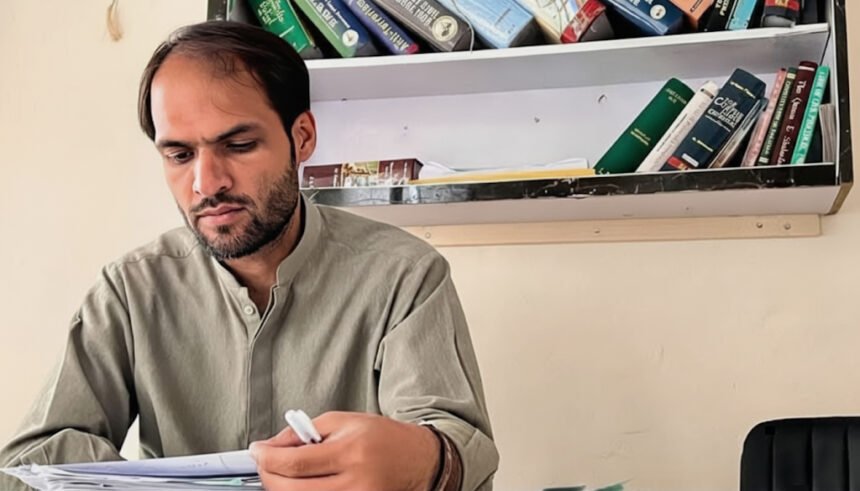Dr. Naseem Baloch, Chairman of the Baloch National Movement, condemned in the strongest terms the killing of the courageous young leader Chairman Zubair Baloch by the Pakistan army. Dr. Naseem said Zubair was not only a political activist and human-rights advocate but also a powerful voice for Baloch survival and national freedom. Admired for his principled positions and fearless leadership in student and public politics, Zubair had rejected the parliamentary system as ineffective for securing rights and instead committed himself to ideological politics. Where others found it impossible or too dangerous to speak, Zubair spoke boldly. For this reason, people from across Balochistan’s political spectrum are united in condemning the Pakistani state for his death.
Zubair Baloch left a will asking that, after his death, the nation be told about his lifelong commitment to the struggle for freedom.
Dr. Naseem explained that the branch of the Baloch Students Organization (BSO) with which Zubair had been associated traditionally channels members into a parliamentary party. Many student activists follow that route after finishing student politics. But Zubair broke with this tradition: rather than join a parliamentary party, he sought out the leadership of the Baloch National Movement and attached himself to an ideological party — a commitment he maintained until the end. His instruction was clear: whether by natural death or martyrdom, the nation must know that Zubair Baloch was a soldier of national freedom, and that his life’s purpose was the liberation of the Baloch nation and its service”
Although he kept his party ties secret, his actions exposed him to the military — and he was killed.
Dr. Naseem noted that Pakistan has made it nearly impossible to openly affiliate with a revolutionary, pro-freedom party like the BNM. Whenever a member’s identity is revealed, the Pakistan army has shown no reluctance to eliminate them; targeting political activists has become routine. Although Zubair attempted to conceal his affiliation in line with party policy, his public action made him visible to the authorities. On Wednesday, 24 September 2025, Pakistani forces raided his home; in the ensuing heavy gunfire, he and his friend Nisar were killed. Today in Balochistan there is little respect for the sanctity of the home: army raids frequently lead to illegal abductions, enforced disappearances, extrajudicial killings, and arson. Often these violations occur together — and that is exactly what happened to Zubair.

He said that conscious young leaders like Zubair Baloch are unbearable to the Pakistan army and its secret agencies, because it is the struggle of such leaders that has exposed the atrocities of the army and the state to the Baloch Nation.This awareness has made the relationship between the Baloch Nation and the Pakistani forces completely clear, exposing the army’s role as an occupying force. The Baloch are the rightful heirs of their land, while the Pakistan army is merely a vast occupying death squad, whose every action is both detestable and resistible.
” We take pride that Martyr Zubair Baloch chose resistance, struggle, and speaking truth over silence and compromise. He was a dignified, committed member and a supporter of the party. The Baloch National Movement solemnly vows that Zubair’s sacrifice will not be in vain. We call on the international community, human-rights organizations, and press bodies to speak out against the killing of peaceful leaders like Zubair Baloch and to hold the Pakistan army to account.”


